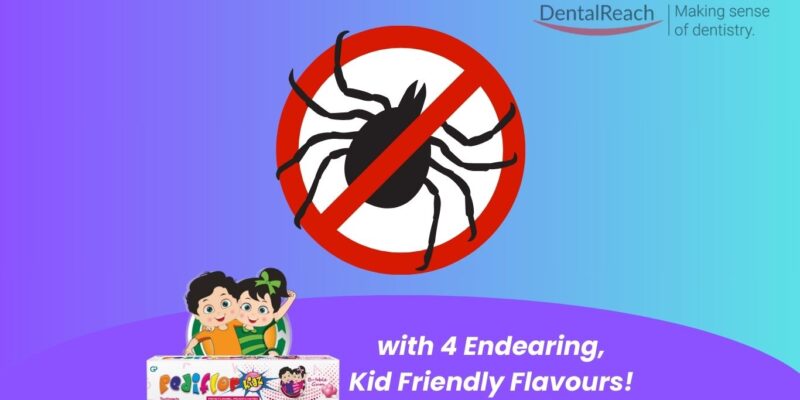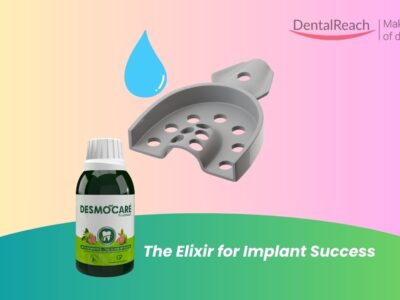Dental professionals urged to recognize and manage risks of rare allergy triggered by tick bites.
A newly highlighted risk in dental practice stems not from bacteria—but from ticks. Alpha-gal syndrome (AGS), an allergy caused by the lone star tick’s bite, can lead to delayed but potentially severe hypersensitivity reactions to red meat and certain animal-derived medical and dental products. A recent review and case report published in the Journal of the American Dental Association underscores the importance of dental professionals being alert to this emerging condition.
AGS is triggered by an immune response to galactose-α-1,3-galactose (alpha-gal), a carbohydrate found in most non-primate mammals. Once sensitized, patients may experience gastrointestinal symptoms, hives, or even life-threatening anaphylaxis—not only after consuming red meat or dairy but also when exposed to certain medications or dental materials containing animal-based components.
The review notes that dental products—particularly hemostatic agents derived from animal collagen—have been implicated in adverse reactions. Case reports have documented AGS-related incidents following routine dental procedures, raising concern about unintentional exposure to alpha-gal in clinical settings.
The authors recommend that oral health care providers thoroughly assess medical histories of AGS patients, consult with their allergists or immunologists when needed, and strictly avoid materials known to contain AG epitopes. Label transparency and awareness of product composition are key to preventing hypersensitivity reactions.
As tick populations spread and awareness of AGS increases, dentists must be prepared to adapt care to ensure patient safety. The review calls for continued education, careful material selection, and interdisciplinary communication to support affected patients during dental treatment.
Source: The Journal of American Dental Association




















Comments